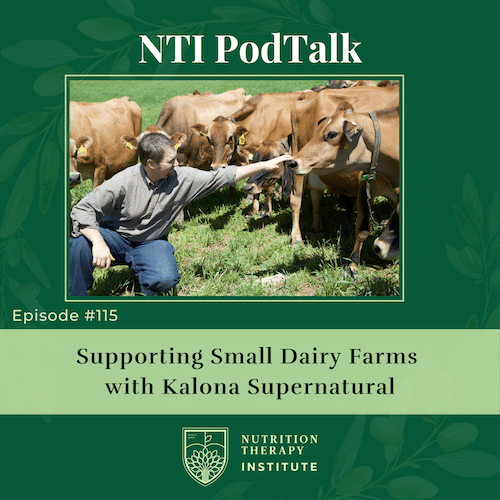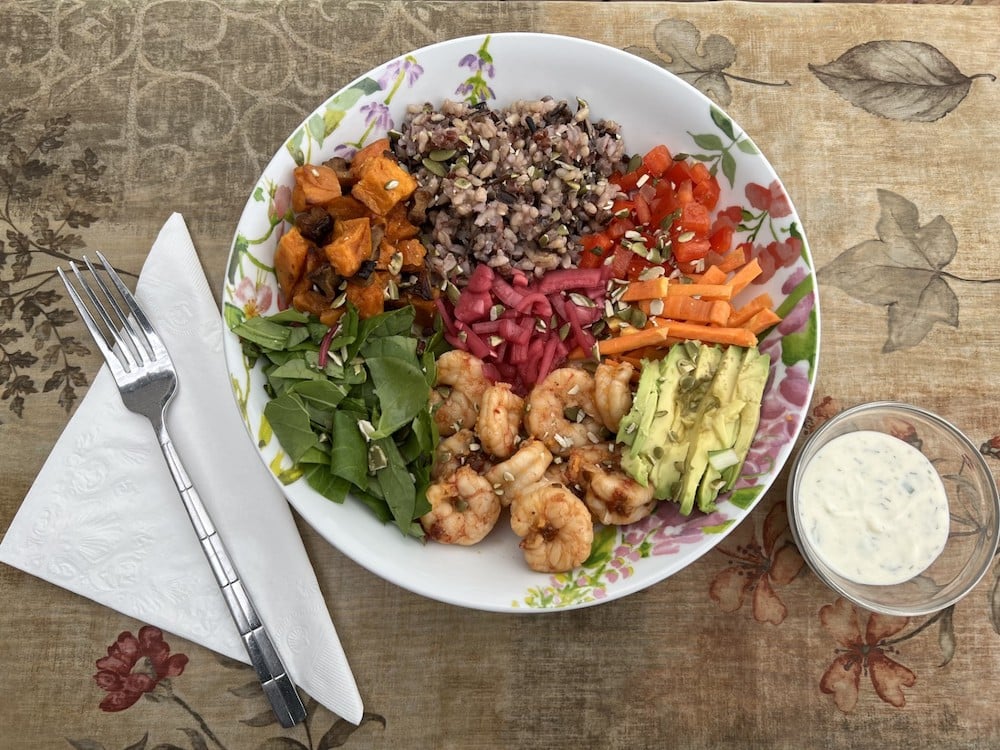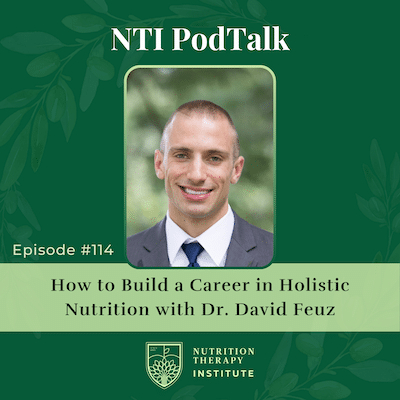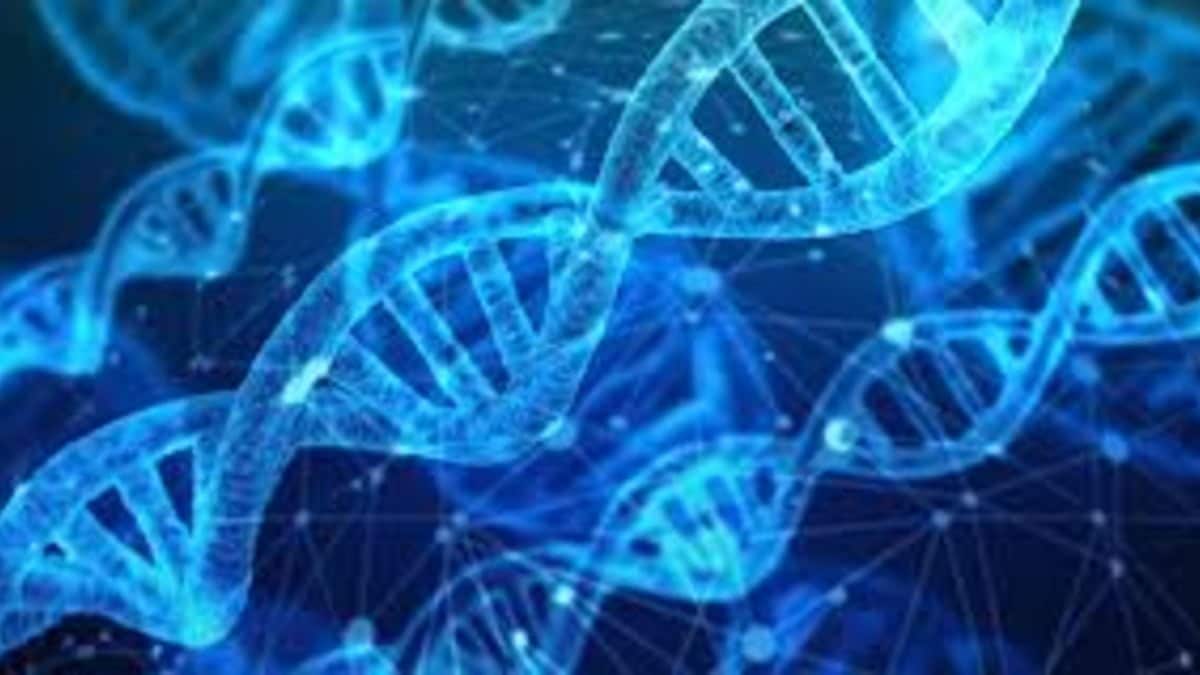
Share this post!
Every person has unique nutritional needs. Personalized nutrition is a way to customize dietary recommendations to each individual. But what, exactly, does that mean?
Nutrition recommendations can be personalized to vegetarians or vegans. They can be personalized to be free of gluten, nightshade vegetables, or other food irritants. Diets can be designed to be high-fiber or low-carb. Some experts tout the benefits of eating according to your blood type or metabolic type.
The million-dollar question when it comes to personalizing nutritional recommendations is this: how do you know who needs what? Aside from testing for blood type or food sensitivities, most approaches to personalized nutrition rely on an educated guess. There are no tests to show who should eat high-fat or low-fat, tea instead of coffee, or beans instead of beef.
That may change with nutrigenomics. Nutrigenomics looks at how nutrition interacts with genetics to affect disease risk. Genetic tests and other biomarkers guide nutrition advice. Nutrigenomics is the newest kid on the block of personalized nutrition.
Could nutrigenomics be the future of personalized nutrition? Or is it just another fleeting trend?
Nutrigenomics Defined
Nutrigenomics seeks to understand the interactions between nutrients and genes. The definition and scope of nutrigenomics are quite broad—spanning topics that range from epigenetics to single nucleotide polymorphisms (SNPs).
At its foundation, nutrigenomics aims to make sense of how nutrients affect the expression of genes. Vitamin D, for example, has been found to influence the activity of more than 200 genes. Knowing how nutrients influence genetic expression then informs us what their effects will be on cellular and molecular pathways.
For example, resveratrol has long been known to support a healthy pathway of inflammation. Nutrigenomics now tells us why. Studies have found that resveratrol influences the expression of genes that modulate nuclear factor kappa-B (NF-kB), the master regulator of inflammation.
You may hear the term “epigenetics” used almost interchangeably with nutrigenomics. Epigenetics refers to the mechanisms of how nutrients turn genes on and off. Folate is a classic example of a nutrient that has epigenetic effects. Folate donates methyl groups to DNA (called methylation), which influences gene expression and disease risk.
The other term you’ll hear in the context of nutrigenomics is single nucleotide polymorphism, or “SNP.” SNPs are genetic variants that affect only a tiny segment of DNA (a single nucleotide). Scientists have discovered more than 100 million SNPs in people around the globe. Many of these SNPs can predict how people will respond to certain medications, environmental toxins, and also nutrients.
Genetic tests for SNPs have been popularized as a way to understand a person’s unique genetic makeup and to determine personalized nutrition plans to optimize health. It’s exciting to think that a simple test might finally offer a fool-proof way to personalize nutrition. However (like most things in science) SNP testing and the practical application of nutrigenomics in nutrition therapy are subjects of serious scrutiny.
Controversy Over Nutrigenomic Testing
Nutrigenomic testing evaluates specific parts of a person’s genome (through salivary testing) to provide personalized dietary advice. But does it really work? Researchers asked this question in 2015 and published a meta-analysis of studies.
The studies included data from more than half a million individuals who had done nutrigenomic testing through various private labs. Researchers looked for associations between specific genes and supposed nutrient-related illnesses. Of the 38 genes in their analysis, they found no significant associations with disease.
The authors of the study concluded that scientific evidence for commercially available nutrigenomics testing is “currently lacking” and the tests “cannot be presently recommended.” But—is that the end of the story?
Proponents of nutrigenomic testing argue that correlating individual genetic variants (SNPs) to disease is oversimplifying the process. Dr. Ben Lynch, the author of Dirty Genes, says that the problem with nutrigenomic tests lies in how they are interpreted.
Lynch teaches an approach that looks at nutritional and environmental influences on what turn genes on and off as well as what cofactors are needed for genes to work. When a certain SNP is detected on a nutrigenomics test, all of these variables should be considered as a way to optimize health.
Controversies aside, there’s no denying that the rapidly advancing science of nutrigenomics is a fascinating one. To better grasp how nutrigenomics might someday (or even today) guide personalized nutrition, let’s take a look at some concrete examples.
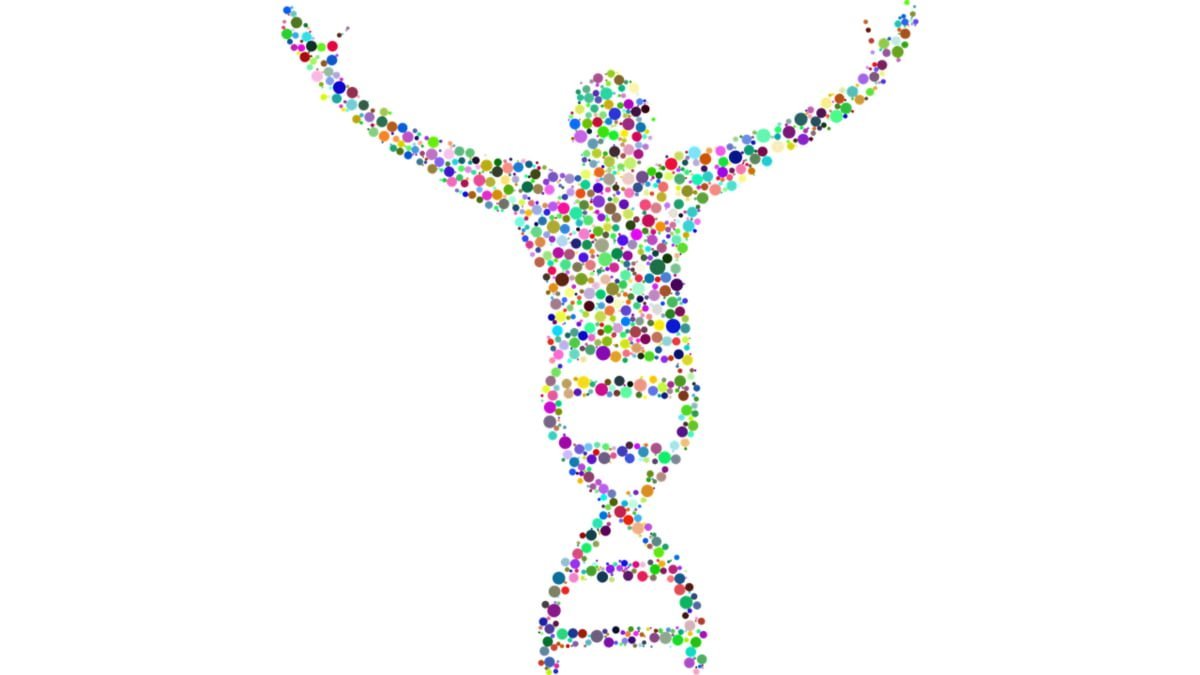
Real-Life Examples of Nutrigenomics
The APOA2 gene has earned the nickname of “the weight gain gene” because of one of its genetic variants. Most people have genotype TT or CT. About 10-15% of people have genotype CC. Those with CC tend to eat more fatty foods and gain more weight than the other genotypes. This information becomes relevant to personalized nutrition because when people with genotype CC eat a diet that is low in saturated fat, they can maintain a healthy weight as easily as the other genotypes.
Another example of nutrigenomics in action explains the relationship between coffee and heart attacks. The association depends on which variant a person has of the CYP1A2 gene. A person with one variant of CYP1A2 is considered a “fast metabolizer” of coffee, whereas a person with another variant is considered a “slow metabolizer.” Coffee intake is only associated with an increased risk of a heart attack in people who are slow metabolizers.
The FTO gene might help determine whether a person should eat a high-protein diet or a low-protein diet. People with genotype AA of the FTO gene have been found to lose more weight when they eat a higher amount of protein.
Many people have heard for the MTHFR gene, which influences how people metabolize folic acid. Another example of a gene that interacts with nutrition is COMT. There are many different genes and gene variants that can affect how a person responds to their diet and that can guide personalized nutrition recommendations.
Nutrigenomics in Nutrition Therapy Practice
There are several private companies, like 23andMe, AncestryDNA, and Nutrition Genome, that do nutrigenomic testing. However, the reports you receive vary from company to company and may create more confusion than they are worth. Some services, such as StrateGene, offer an interpretation of your results.
However, translating the scientific information related to nutrigenomics into the everyday practice of nutrition therapy is no small task. This is not something to figure out by yourself or by searching on Google. The best way to apply nutrigenomics to nutrition therapy is to seriously study the genetic variants, biochemical pathways, and cofactors that interact with the foods we eat.
If you are a nutrition therapist, you might consider taking advanced courses like those offered through Seeking Health Education Institute or NutriGenomics Institute. If you are not a practitioner yourself but are curious about whether nutrigenomics can help you personalize your diet and optimize your health, seek out help from a qualified nutrition therapist.
_________________________________________________________________________________________________________________
About the Author
Sarah Cook, ND, is an instructor at the Nutrition Therapy Institute. She is also the owner of ND Pen, providing branding, copywriting, and website design services for integrative healthcare practitioners. Connect with Sarah at www.ndpen.com.
About Nutrition Therapy Institute’s Holistic Nutrition Certification
Nutrition Therapy Institute (NTI) is a leader in holistic nutrition education. Since 1999, NTI has provided students with the highest quality in nutrition training by offering comprehensive holistic nutrition courses online and in-person to help students achieve thriving careers as holistic nutrition therapists in the field of holistic nutrition counseling and wellness. Interested in starting our holistic nutrition courses and earning your holistic nutrition certification? Attend an informational webinar to learn more by signing up HERE.
Images:
Image by Geralt is free for use by Pixabay
Biological Man Circles Prismatic is free for use by iconspng.com
Share this post!



